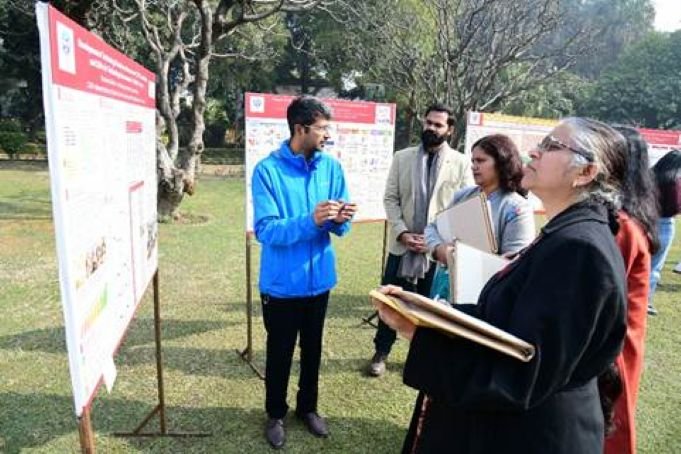Young people can judge which health-related apps are relevant to their age and bodies, source appropriate digital content and dismiss app content that might be harmful to them – a new study reveals.
Researchers at the University of Birmingham found that many young people are ‘critical participants’ of digital health technologies and, as apps and devices are highly accessible, they can offer private spaces in which to engage in health related activities, away from communal spaces that young people may find intimidating.
A sample of 245 young people aged from 13 – 18 across the UK took part in the research project. The key findings of the study suggest that one third of the participants were active users of apps and devices related to exercise, diet and wellness.
The researchers also found that schools, PE lessons and sport, peers and parents were powerful influencers over the types of apps and devices young people used, but that many of the participants were able to disregard content that was either irrelevant to them, potentially harmful to their bodies, or simply ‘boring’.
The research published today in the journal Learning, Media and Technology, also states that the young people in the study thought through their uses of apps in an informed way. They had very high levels of knowledge and understanding of health related apps and were able to engage with the technologies on a trial and error basis, either dismissing or adopting the apps.
Some of the young people abandoned use of the apps at an early stage – this was because of the design of the technologies and the fact that they were focussed on the needs of adults.
Dr Victoria Goodyear, from the University of Birmingham’s School of Sport, Exercise and Rehabilitation Sciences, who led the research said: “There are currently over 160,000 health apps available on the major app stores focussed on wellness, diet and exercise and they are of particular interest to young people, however most of these apps are designed for adults. Health apps and devices have the potential to act as very engaging and attractive health promotion tools that could for example, help young people to learn about their bodies or improve their physical activity levels.
“Our research has shown that young people think through their uses of health apps and devices in impressive and well-informed ways. For some young people, they use apps to find information related to their bodies, and they can do this without an adult, and in ways that work around the school pressures of homework. However, not all young people experience positive impacts. For some, there tends to be a novelty period– where the use of apps are rarely sustained – such as in the case of PokemonGo. For others, they can develop very narrow views on health. There was evidence in our data that some young people learnt that effective exercises were those that ‘hurt’ and resulted in pain.
“What the findings do highlight is that adults need to be more understanding of the opportunities, challenges and pitfalls of digital technologies for young people’s health and wellbeing – and that we should not associate technology with, solely, health-related risks. Certainly, health education can be enhanced by learning from the ways in which young people access, select and use digital health technologies.”







